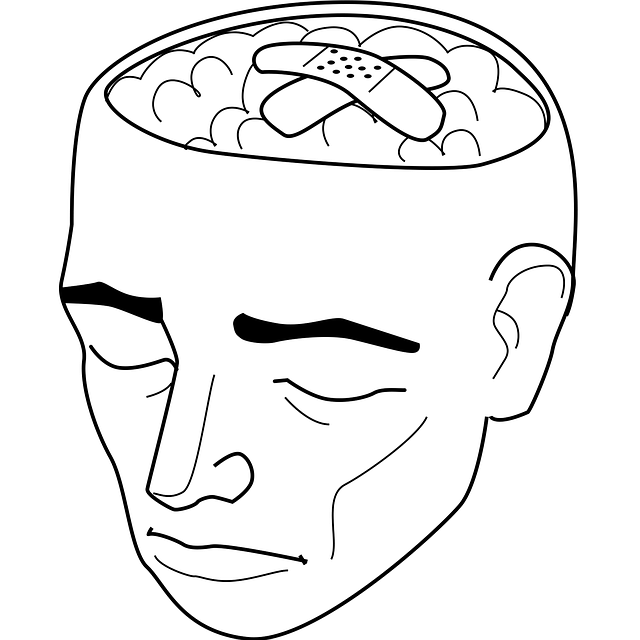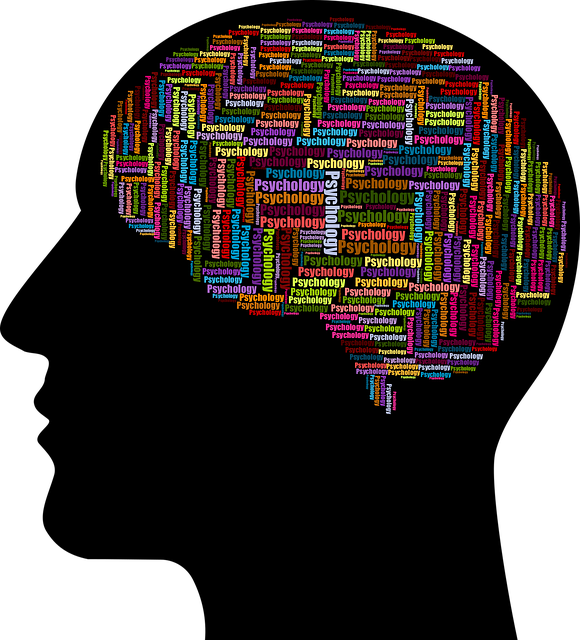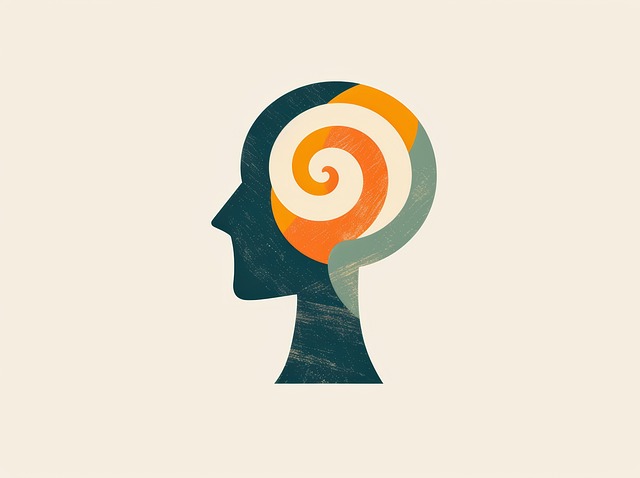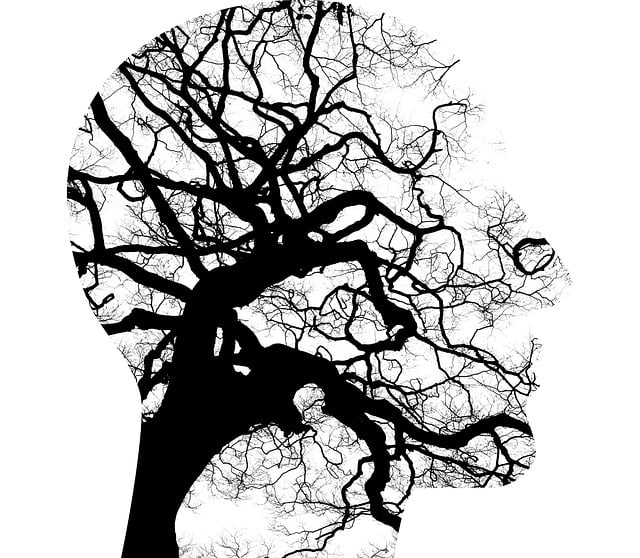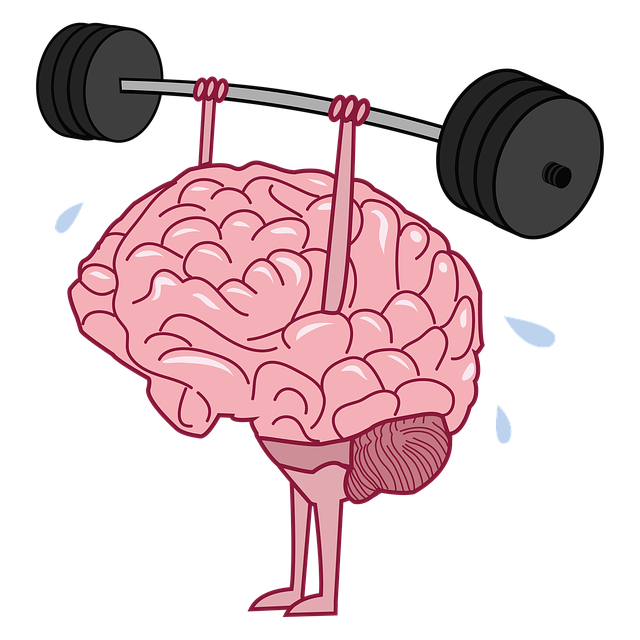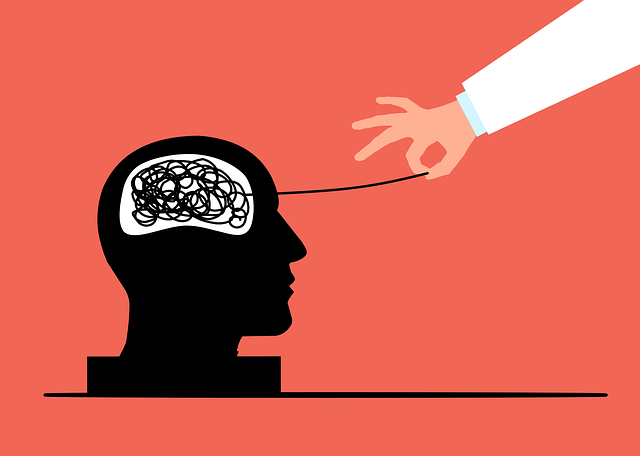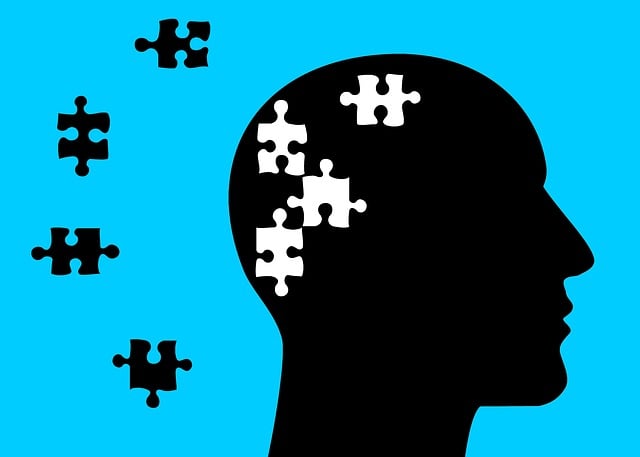Cultural sensitivity in therapy for young children with conduct disorder (CD) is crucial. Therapists must recognize and value diverse cultural backgrounds, understanding their impact on behavior and family dynamics. By integrating culturally tailored methods like stress reduction, journaling, and coping skills development, therapists foster connections, promote open communication, and create inclusive environments. This personalized approach enhances therapeutic outcomes for children with complex trauma histories and diverse backgrounds, addressing unique challenges while nurturing mental wellness. Key strategies include incorporating diverse therapeutic approaches and building strong relationships with families and communities to understand cultural contexts better, leading to tailored interventions.
Cultural sensitivity is an essential aspect of effective mental healthcare, particularly when treating young children with conduct disorder (CD). Understanding cultural nuances and incorporating these insights into therapy can significantly impact positive outcomes. This article explores the concept of cultural sensitivity in mental healthcare, delves into the unique challenges faced by therapists working with young CD patients, and offers practical strategies to enhance cultural competence. By addressing these aspects, we aim to provide a more inclusive and effective therapeutic environment.
- Understanding Cultural Sensitivity in Mental Healthcare
- Challenges and Barriers in Therapy for Young Children with Conduct Disorder
- Strategies to Enhance Cultural Competence in Child Mental Health Practice
Understanding Cultural Sensitivity in Mental Healthcare

Cultural sensitivity is a cornerstone in modern mental healthcare practice, especially when treating young children with conduct disorder. It involves recognizing and appreciating the diverse cultural backgrounds, beliefs, and values that shape individuals’ experiences and interactions with mental health services. In the context of therapy for young children with conduct disorder, understanding cultural nuances can significantly enhance therapeutic outcomes. For instance, therapists need to be aware of how cultural factors influence a child’s behavior, family dynamics, and coping mechanisms.
Integrating stress reduction methods, mental wellness journaling exercises, and coping skills development tailored to a child’s cultural context can foster deeper connections during therapy sessions. This personalized approach respects the individual’s heritage and promotes more effective interventions. By embracing cultural sensitivity, therapists create a safe and inclusive environment, encouraging open communication and helping young clients navigate their unique challenges while promoting their mental wellness.
Challenges and Barriers in Therapy for Young Children with Conduct Disorder

Children with Conduct Disorder (CD) often present unique challenges in mental healthcare settings. This is particularly true when it comes to therapy, where traditional approaches may not effectively resonate with their experiences and cultural backgrounds. Many young children with CD have endured complex traumas, including abuse or neglect, which can significantly impact their behavior and willingness to engage in therapeutic processes. Providing trauma support services tailored to their needs is essential to establishing a safe and trusting relationship between the therapist and the child.
The process of building empathy becomes crucial in these cases. Therapists must employ strategies that foster understanding and connection, recognizing the child’s potential for both aggression and vulnerability. Depression prevention can be addressed through culturally sensitive interventions that promote positive coping mechanisms and emotional regulation skills, which are often overlooked due to the primary focus on behavioral issues. By adopting such approaches, mental healthcare professionals can better serve young children with CD, ensuring more effective therapy outcomes.
Strategies to Enhance Cultural Competence in Child Mental Health Practice

Enhancing cultural competence in child mental health practice is paramount to ensuring effective therapy for young children with conduct disorder and other mental health challenges. One key strategy involves actively seeking out and incorporating diverse therapeutic approaches that resonate with various cultural backgrounds. This might include traditional healing methods, such as mindfulness practices or stress management techniques, which have proven beneficial for improving mental wellness and mood management in diverse populations.
Additionally, building strong relationships with families and communities is crucial. Culturally competent therapists should engage in open communication, actively listen to parents’ perspectives, and involve them in the treatment plan whenever possible. By fostering a collaborative environment, therapists can better understand children’s experiences within their cultural contexts, leading to more tailored interventions for effective therapy outcomes.
Cultural sensitivity is a cornerstone of effective therapy for young children with conduct disorder. By understanding and addressing the unique cultural contexts and challenges faced by these families, mental healthcare practitioners can significantly enhance treatment outcomes. Overcoming barriers through culturally competent strategies ensures that care is not just provided but truly embraced, fostering a supportive environment where every child and their family receive respectful, sensitive, and tailored support. This approach not only benefits individual children but also strengthens the cultural tapestry within child mental health practice.
